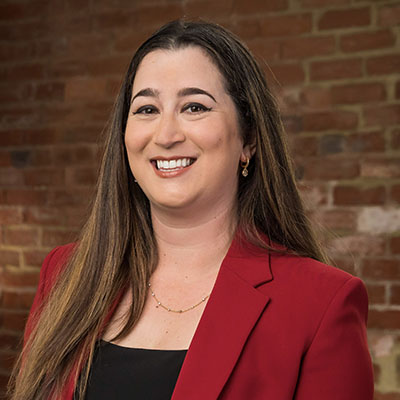More than fifty years ago, President Lyndon B. Johnson signed Medicare into law.1 Today, Medicare provides coverage for about 55 million Americans.2 These include people 65 years and older and people of all ages with certain disabilities such as permanent kidney failure requiring dialysis.3
What types of Medicare exist?
There are four types of Medicare “health plans” that provide varying degrees of coverage.
- Medicare Part A covers in-patient care in hospitals, and Part B covers doctors’ services and out-patient care.4 These two types are known as “Original Medicare.”5
- Medicare Part C was created by Congress in 2003 to allow private health plans to be approved by Medicare.6 These are also known as Medicare Advantage Plans.7
- Medicare Part D includes optional coverage for prescriptions.8
Why is Medicare important in your personal injury case?
Medicare is an important part of your personal injury case. Certain steps must be taken to protect Medicare’s interest, and not doing so could jeopardize the benefits you currently receive.
In 1980, Congress passed legislation that made Medicare the “secondary payer.”9 This means, in cases that involve motor vehicle collisions, Medicare pays second to any liability insurance, no-fault insurance or underinsured/uninsured insurance.10 Medicare may make conditional payments, but the condition is that Medicare must be repaid from settlement or judgment proceeds.11
What happens if I don’t pay Medicare after my personal injury case is over?
When a case ends, Medicare is required to be notified of the settlement or judgment.12 The beneficiary (recipient of Medicare benefits) is then issued a Final Demand Letter,13 which is a statement of how much money the beneficiary is required to reimburse Medicare.14 Sixty days after receiving this letter, interest will begin to accrue if the debt is not paid.15 If the debt remains unpaid, the law allows Medicare to recover double damages.16 This means Medicare can recover twice the amount it claimed in the Final Demand Letter. It is important for injured persons and beneficiaries to consult with an attorney to make sure that they are in compliance with federal law, and that they have reimbursed Medicare appropriately.
Handling a personal injury case can seem overwhelming, even without the complications of Medicare. At Allen & Allen, we have experience helping clients with Medicare. Call us for a free consultation at 1-866-388-1307.
1 See Press Release, Medicare and Medicaid: Keeping Us Healthy for 50 Years, CMS.Gov, https://www.cms.gov/.
2 See id.
3 CMS, Medicare Program-General Information, CMS.gov, https://www.cms.gov/Medicare/Medicare-General-Information/MedicareGenInfo/index.html.
4 See id.
5 See CMS, CMS’ Program History, CMS.gov, https://www.cms.gov/About-CMS/Agency-Information/History/index.html?redirect=/History/
6 See id.
7 See id.
8 See id.
9 See CMS, Medicare Secondary Payer, CMS.gov, https://www.cms.gov/Medicare/Coordination-of-Benefits-and-Recovery/Coordination-of-Benefits-and-Recovery-Overview/Medicare-Secondary-Payer/Medicare-Secondary-Payer.html
10 See id.
11 See id.
12 See CMS, Medicare’s Recovery Process, CMS.gov, https://www.cms.gov/Medicare/Coordination-of-Benefits-and-Recovery/Beneficiary-Services/Medicares-Recovery-Process/Medicares-Recovery-Process.html
13 See id.
14 See id.
15 See id.
16 See id.




